Harvard Chan NIEHS Center for Environmental Health
The Harvard Chan National Institute of Environmental Health Sciences (NIEHS) Center for Environmental Health is a coordinated set of resources and facilities supporting environmental health research and training activities throughout the greater Boston area. The center promotes integration between basic and applied environmental science, and fosters collaborations that cross departmental and institutional boundaries.
Building 1-1402
News
-
White House launches Clean Air in Buildings Challenge
Guided by Associate Professor of Exposure Assessment Science Joseph Allen, the challenge is part of the Biden Administration’s National COVID-19 Preparedness Plan and calls for leaders and building operators to assess their indoor air quality and make ventilation and air filtration a top priority in protecting the health of their occupants.
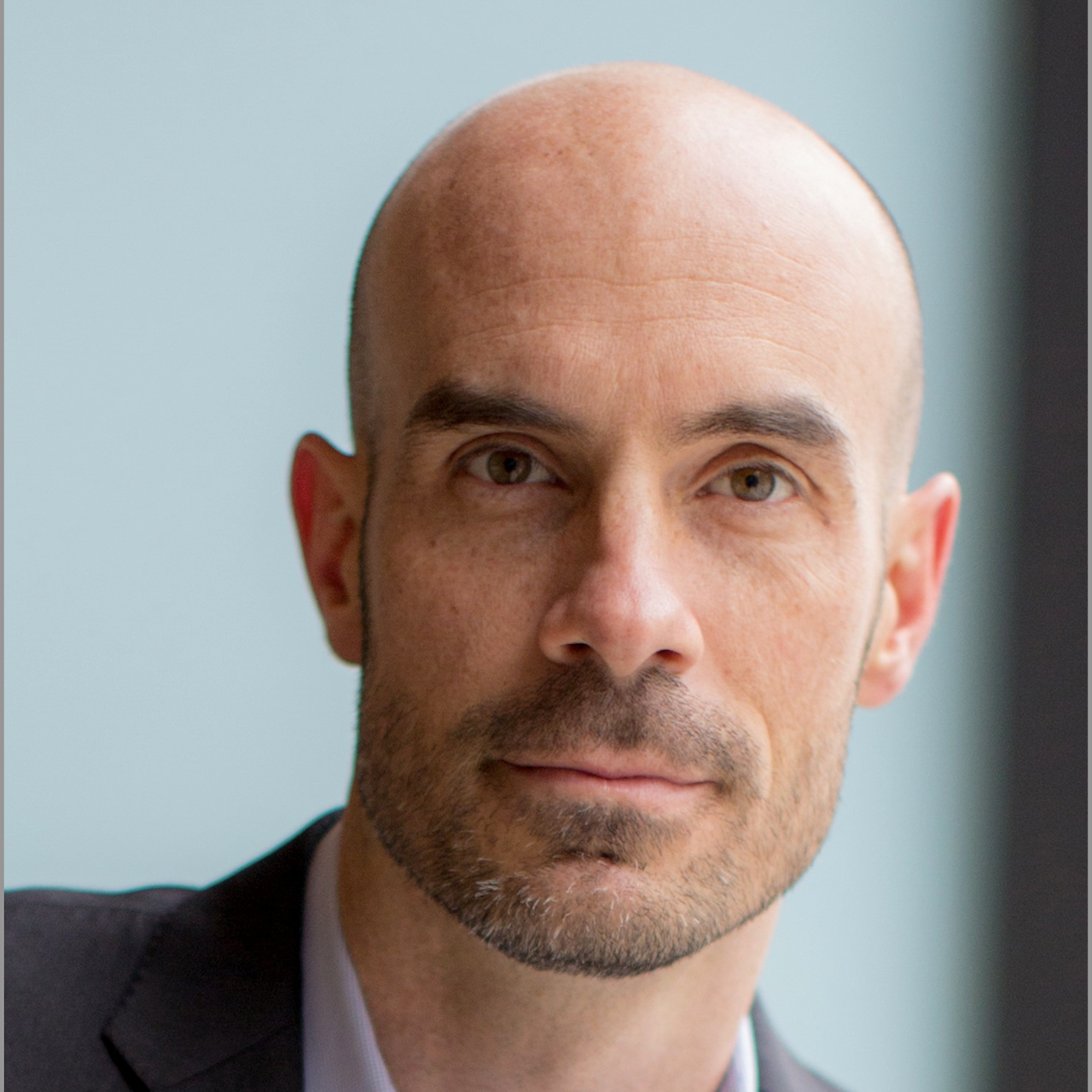
-
Francesca Dominici named 2022 Mosteller Statistician of the Year
Congratulations to Francesca Dominici, Center Member and co-Director of the Harvard Data Science Initiative and the Clarence James Gamble Professor of Biostatistics, Population and Data Science, who has been named the 2022 Mosteller Statistician of…
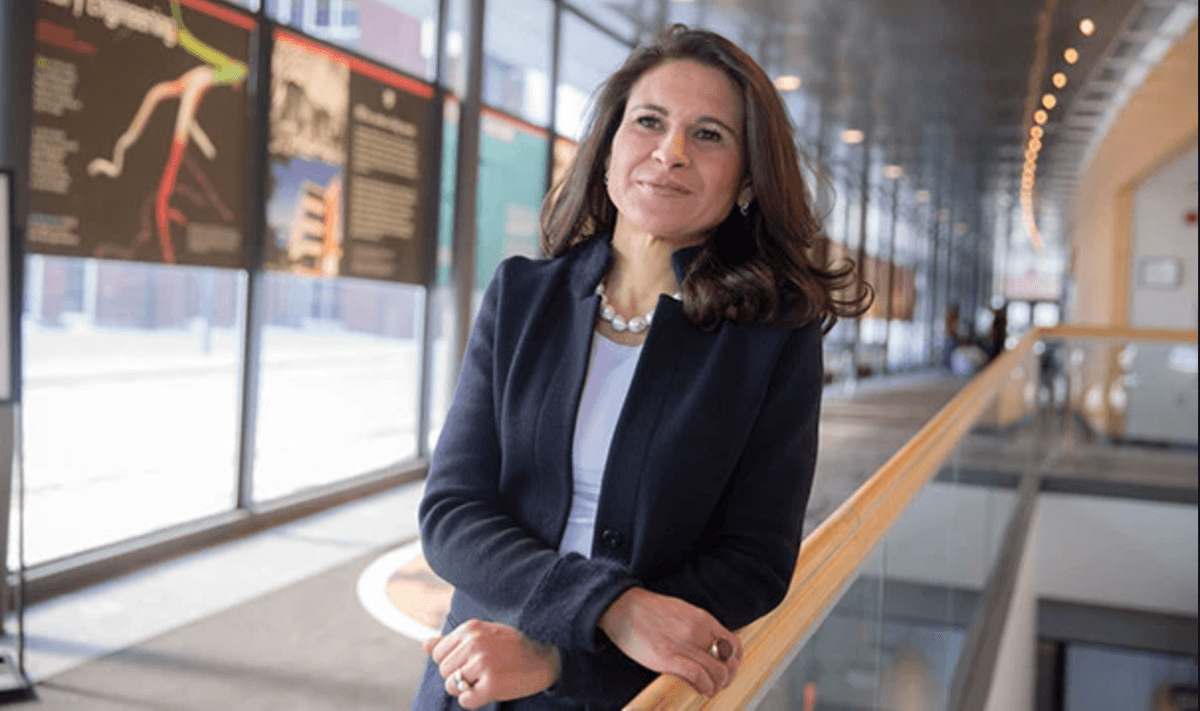
-
Meet Our Members: Qi Sun, MD, ScD
We’d like you to meet Dr. Qi Sun, Associate Professor in the Departments of Nutrition and Epidemiology. Below, we ask Qi about his research, academic career, and hobbies. 1. What…

-
Living near or downwind of unconventional oil and gas development linked with increased risk of early death
Elderly people living near or downwind of unconventional oil and gas development (UOGD)—which involves extraction methods including directional (non-vertical) drilling and hydraulic fracturing, or fracking—are at higher risk of early death compared with elderly individuals who don’t live near such operations, according to a large new study from Harvard T.H. Chan School of Public Health.

-
Racial, ethnic minorities and low-income groups in U.S. exposed to higher levels of air pollution
Certain groups in the U.S.—Blacks, Asians, Hispanics, Latinos, and low-income populations—are being exposed to higher levels of dangerous fine particulate air pollution (PM2.5) than other groups, according to new research from Harvard…
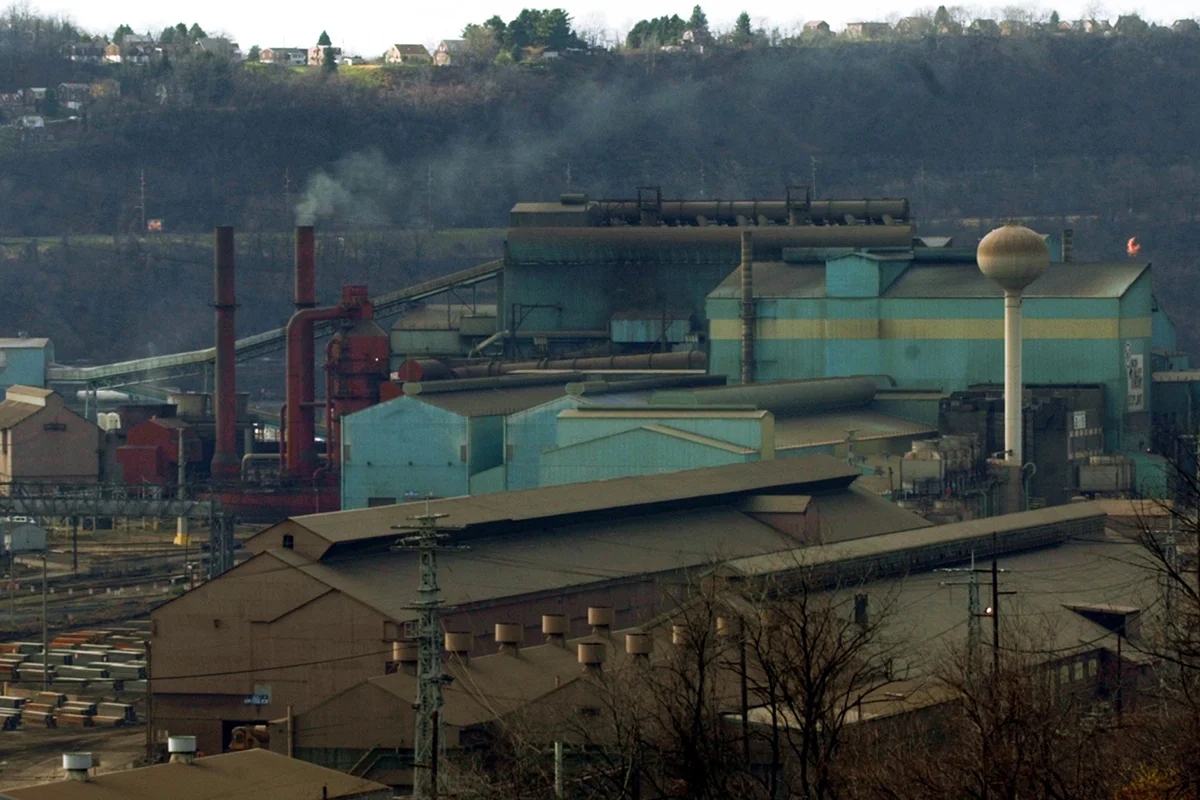
-
Center Members featured in NIEHS 2021 Papers of the Year
Of 3,942 publications by NIEHS researchers and grantees in 2021, institute leaders selected 35 as Papers of the Year.
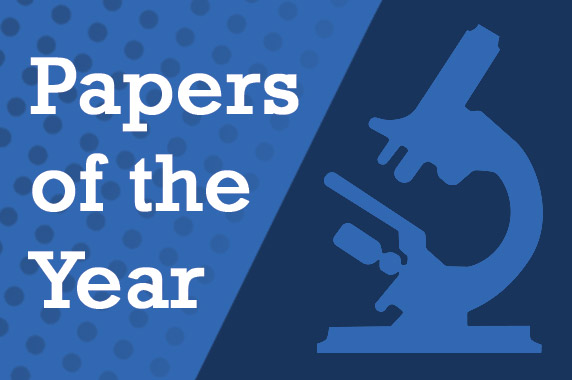
-
Meet Our Members: Tamarra James-Todd, PhD, MPH
We’d like you to meet Tamarra James-Todd, Mark and Catherine Winkler Associate Professor of Environmental Reproductive Epidemiology in in the Department of Environmental Health. Below, we ask Tamarra about her…
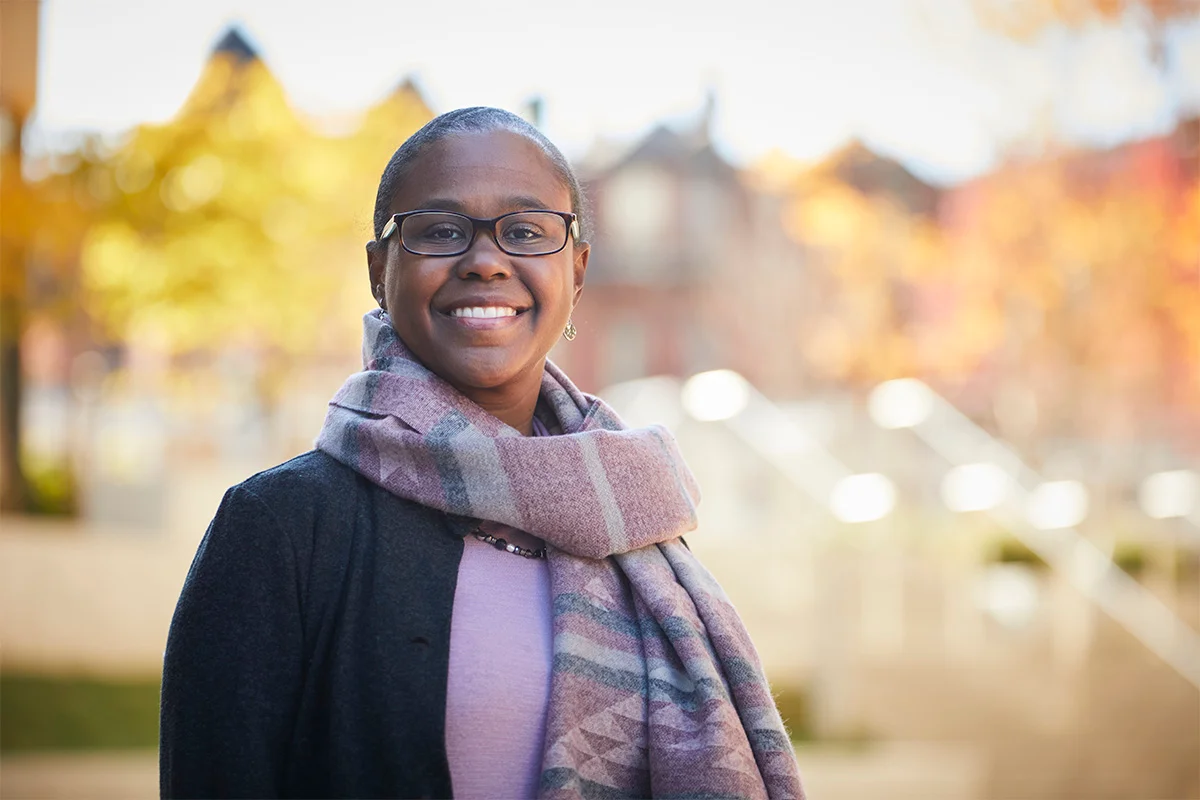
-
Environmental Health Disparities: An Overview
Our Center partnered with EH student Carolina Mendonça to produce this short video that gives an overview of environmental health disparities. References Transcript Health disparities are differences in the patterns…
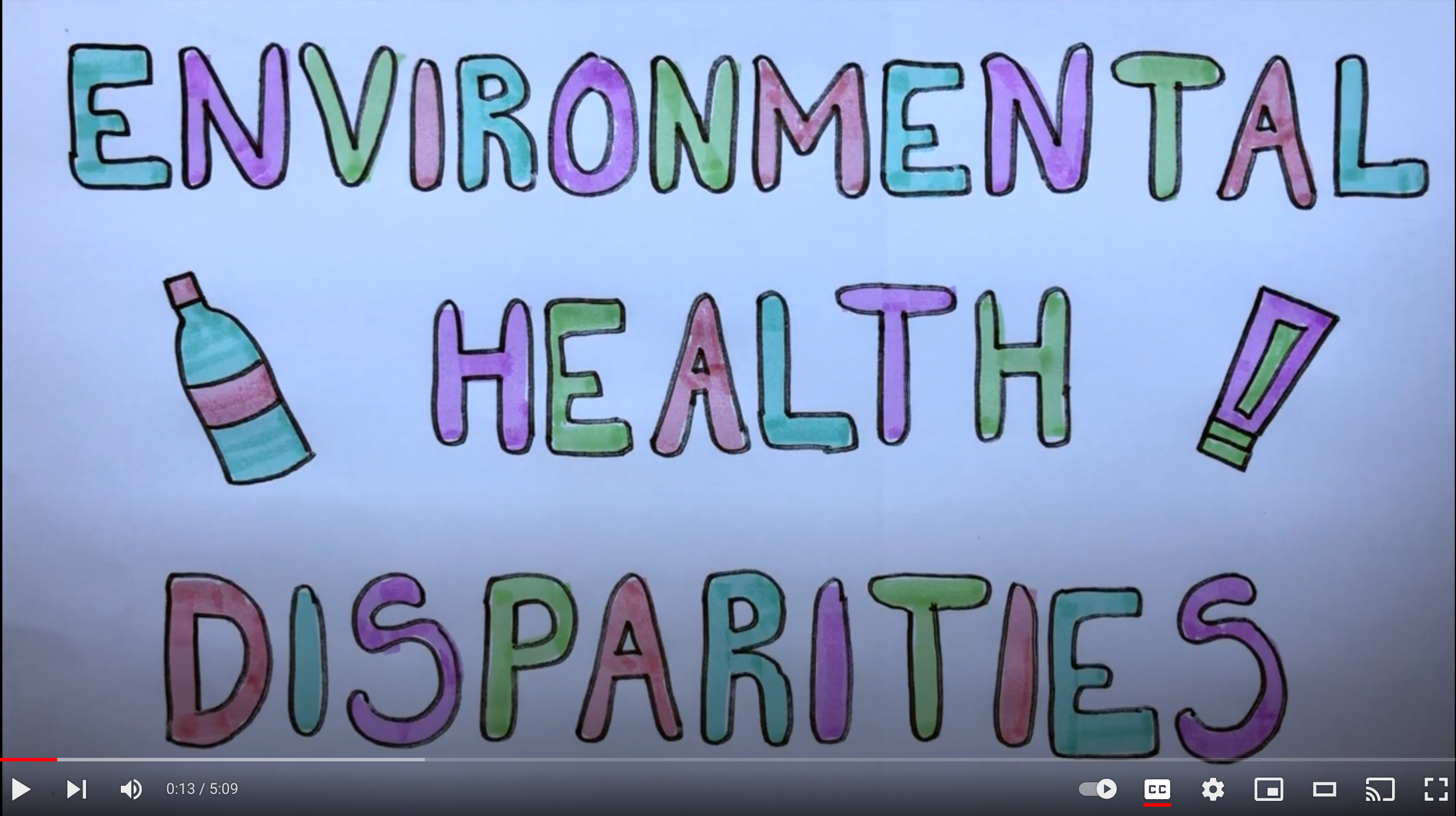
-
Center co-hosts EJ Boot Camp focused on environmental health disparities
Our Center, along with affiliated NIEHS centers at the Columbia Mailman School of Public Health and UCSF, hosted a virtual two-day boot camp in August that gathered researchers from across the country to discuss the foundations of environmental justice research, uncover the roots of environmental health disparities, and highlight real-world solutions. This session was co-directed by Dr. Tamarra James-Todd. The Center sponsored 12 students.
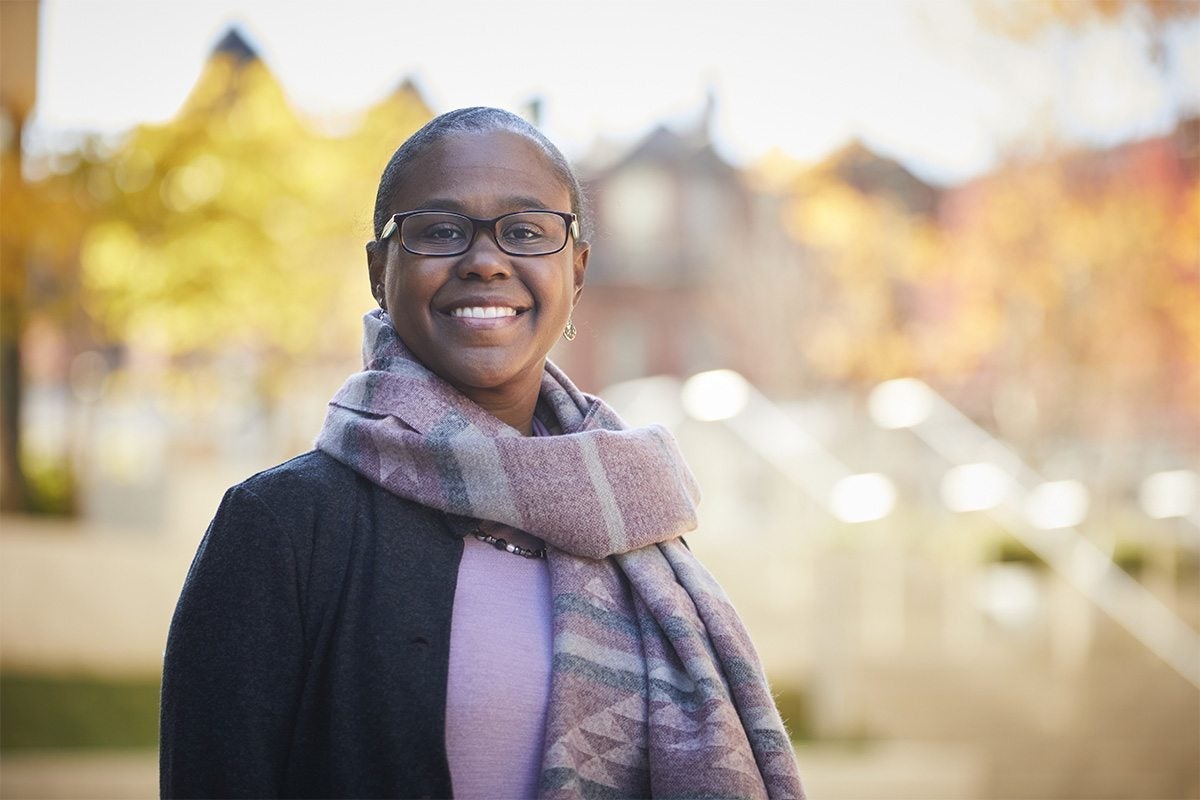
-
Meet Our Members: Peter James, ScD, MHS
We’d like you to meet Peter James, ScD, MHS, assistant professor in the Department of Environmental Health. Below, we ask Peter about his research on estimating the influence of spatial…
